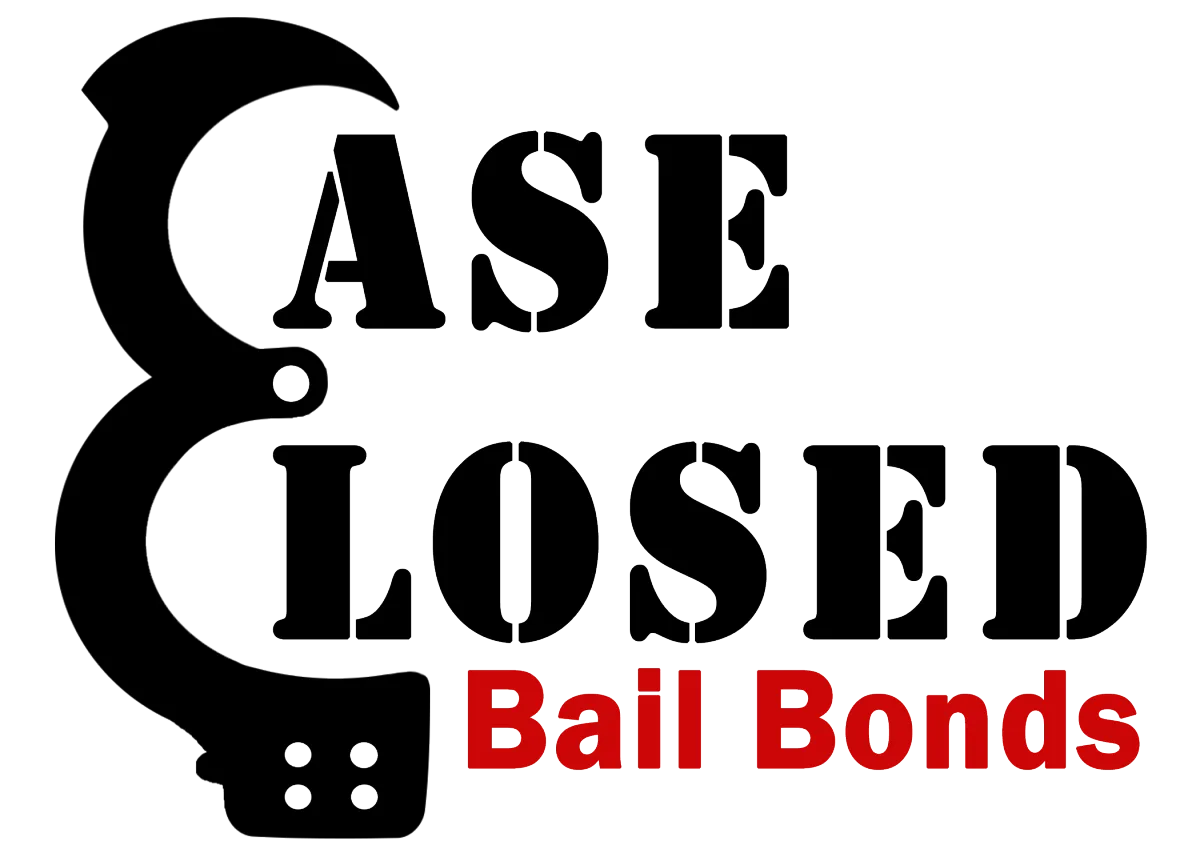FAQs
FAQs about Bail Bonds in Raleigh & Wake County, NC
What happens immediately after an arrest and what is bail?
After arrest, arrestees are fingerprinted, photographed, and booked. A magistrate sets bail or other release conditions. Bail is a monetary requirement for release. Depending on the offense, there may be additional holds.
What is a bail bond and what are the costs associated with it?
A bail bond is a contractual arrangement where a bondsman pledges the full bail amount to secure the release of an arrested person. In North Carolina, the regulatory bond fee limit is 15%. This fee is non-refundable. For a $1000 bond, the maximum fee would be $150. Case Closed Bail Bonds offers competitive rates and flexible payment plans. Contact them for specific details.
What is the role of an indemnitor or co-signer on a bail bond, and how long does it take to execute one?
An indemnitor or co-signer shares contractual risk with the bondsman for the defendant's appearance in court. They must be a responsible adult aged 25 or older. While the administrative paperwork takes about 20 minutes, release times vary due to factors like detention staff workload and shift changes. It typically takes 30 minutes to a couple of hours. Providing information at the time of arrest and completing forms beforehand can expedite the process.
What is collateral, and does a bail bond agreement have other stipulations?
Collateral is a pledge of money or property to secure the bail bond in addition to the 15% fee. It's separate from the fee and is returned after the case. The most common form of collateral is a signed Indemnity Agreement. In some cases, a vehicle or real property might be required. The bond agreement also stipulates that the principal must comply with court orders, stay within the state unless authorized, notify the surety of any address change, attend all court appearances, pay bond premiums, and disclose all felony convictions and other relevant information truthfully.
Do bondsmen have the power to arrest, and are there alternatives to hiring a bondsman?
Bondsmen can re-arrest their principal for failure to appear in court, known as bond revocation. Alternatively, you can pay the full bail amount directly to the magistrate's office in cash. If the court obligations are not met, the entire amount is forfeited.
Which governmental agency regulates bail bondsman in North Carolina, and how can I verify their license status?
The North Carolina Department of Insurance regulates bail bondsmen. You can verify their license status on the department's Licensee Look Up page by searching by name or license number.
Are bail bondsmen and bounty hunters the same thing, and what is the difference between jail and prison in North Carolina?
No, bail bondsmen and bounty hunters are not the same. Bounty hunters are recovery agents for bail agencies who apprehend absconders, which is illegal in North Carolina. Jails are short-term detention centers for pre-trial detainees and those serving sentences under a year. Prisons are run by the state and house longer-term detainees serving sentences of a year or more. Bail bonds are used for release from jail, not prison.
Who is an arrestee and what is booking?
An arrestee is an individual in custody during the pre-trial phase of criminal proceedings. Booking, or processing, is the process of fingerprinting, photographing, and formally identifying persons accused of a criminal offense.
What are the conditions of release, and what is custody release?
Per North Carolina General Statute 15A-534, a judicial official must impose at least one of the following conditions for pre-trial release: A written promise to appear. An unsecured bond. Custody release. A secured bond. Electronic monitoring (house arrest). In determining these conditions, the magistrate considers factors such as the weight of evidence, danger to the community, length of residence, employment, and failure to appear history. Custody release involves placing the defendant in the custody of a competent person or organization that agrees to supervise them.
Domestic Violence Hold or D.V. Hold and Arraignment or 1st Appearance
A domestic violence hold (D.V. hold) is a temporary hold that delays bail for a defendant when the alleged victim's safety is a concern. The maximum time for a D.V. hold in North Carolina is 72 hours, typically 48 hours in Chapel Hill, Durham, and Wake County. The day following arrest for a felony in North Carolina, the defendant is brought in front of a district court judge for arraignment. The judge formally reads the allegations, offers the opportunity to apply for a public defender, sets the next court date, and considers bond modifications. Only those accused of felonies are arraigned and required to go to the 1st appearance.
Electronic Monitoring and Indemnitor
Electronic monitoring is a condition of release where the defendant is placed on house arrest and monitored by an electronic tracking device, with allowances for work and school. An indemnitor, or cosigner, is a responsible adult who shares the contractual risk with the bail bond agency on a bond contract. Indemnitors are typically required to provide state-issued identification and proof of residence.
Magistrate and Secured Bond
A magistrate is a judicial official appointed by the Clerk of Court to handle lower-level criminal and civil court proceedings. In Wake, Durham, and Orange County, the magistrate typically sets the bond for criminal defendants. A secured bond is a condition of release imposed by a magistrate that requires a specific financial obligation to be met before the release of an accused person from pre-trial detention.
Unsecured Bond and Written Promise to Appear
An unsecured bond is a condition of release where the defendant is released without having to post bail upfront. The bail amount is only due if the defendant fails to meet their obligations. A written promise to appear is a condition of release where the accused signs an affidavit promising to appear for all scheduled court dates.
Copyright 2026. Case Closed - Website. All Rights Reserved.
Copyright 2026. Case Closed - Website. All Rights Reserved.
